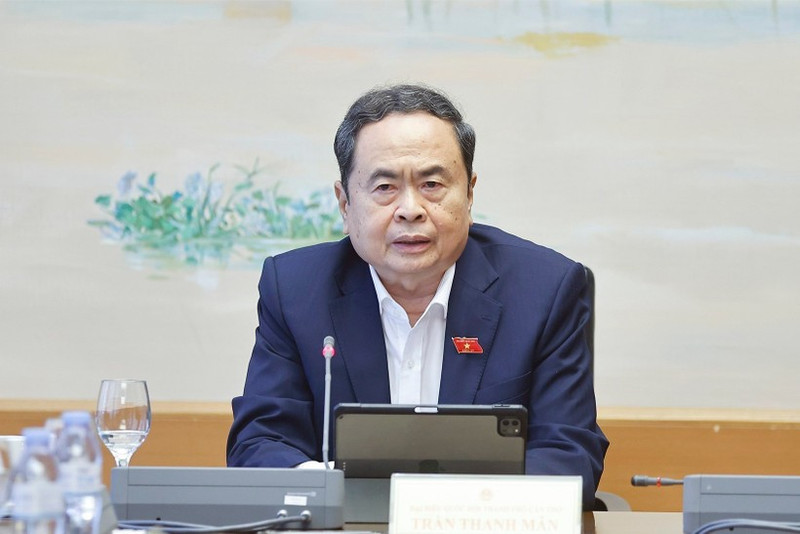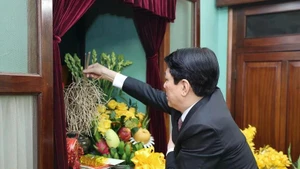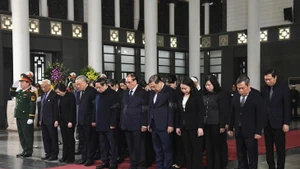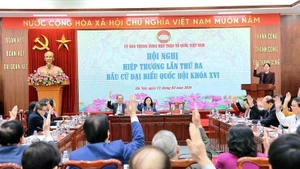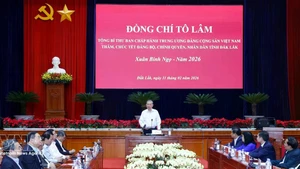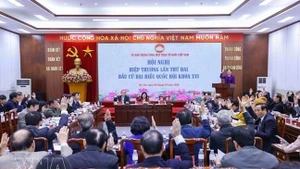In a group discussion on October 23 on the draft law within the 10th session of the 15th legislature, the top legislator noted that this bill marks significant progress in addressing shortcomings of the previous law, but stronger supervision mechanisms are still needed.
The NA Chairman said the draft law introduces an independent recovery procedure, simplifies bankruptcy processes, incorporates digital technology, and clarifies the role of stakeholders such as administrators and asset management firms. He added that it also establishes state support mechanisms and expands the law’s scope to cover personal and foreign enterprise bankruptcies.
However, he urged the drafting agency and the NA Committee for Economic and Financial Affairs to further review potential issues that may arise.
Regarding the risk of abusing the recovery procedure, Chairman Man warned that prioritising independent recovery could be exploited to delay genuine bankruptcy cases, potentially causing asset losses or harming creditors’ rights — an issue that requires close attention.
For the application to foreign enterprises, the top legislator welcomed the broader scope but emphasised the need for clear guidelines to avoid procedural complications, especially in matters involving international law.
He suggested setting a maximum duration for the recovery process along with an independent supervision mechanism from state authorities or a creditors’ council.
Chairman Man emphasised the need to refine financial and budgetary regulations to prevent waste, while integrating other support policies such as tax reductions or deferrals to ensure consistency with existing tax laws.
The NA Chairman also called for enhanced training and professionalisation of bankruptcy administrators, suggesting that the law should require international certification or periodic training for them. He further proposed developing an online registration system to expand and improve this workforce, thereby shortening processing time and strengthening foreign investors’ confidence.
He emphasised the need for greater technology integration, highlighting that in addition to digitalisation, it is essential to utilise AI and blockchain for verifying assets and transactions, thereby ensuring transparency in asset distribution.
The NA Chairman also stressed the importance of aligning the law with international legal standards. He recommended adding provisions on cross-border bankruptcy referencing relevant international conventions, while avoiding overlaps with the 2020 Enterprises Law and the 2015 Civil Code.
He proposed strengthening the government’s role in supervising the implementation of the law, suggesting the establishment of a supervisory committee for the first two to three years to collect feedback from businesses and courts, then making timely adjustments.
In group discussions, NA deputies agreed on the necessity of amending the Bankruptcy Law to address existing shortcomings and enhance its feasibility, transparency, and effectiveness.
